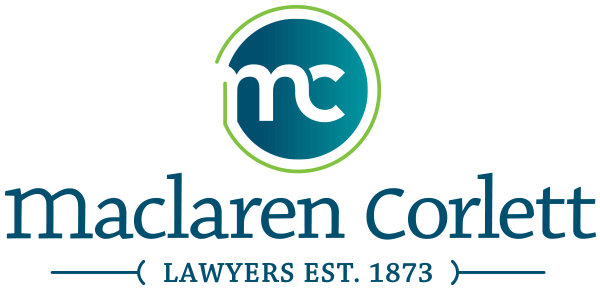Usually one of the first things I tell a new articling student is that they are starting out as the least valuable person in the office. I also inform them that it is important that they learn from both a legal assistant as well as from their Principal. An experienced legal assistant often performs functions which do not appear in a job description: common sense, especially when founded in knowledge and familiarity with a specific area of practice; the ability to be a sounding board for the lawyer; and the diligence to proofread those long documents which you create.
A good legal team is founded in an ability to work together, recognize one another’s skills and the giving and receiving of respect. There should be no castes but rather silos of responsibility and competence. One should have no ego issues in being required to deal with a legal assistant, because often that is the shortest way to efficiency and cost effectiveness. Where a matter involves another law office, there are few things as valuable as the legal assistants in the various offices getting along with one another.
Clients also must recognize that legal assistants are not permitted to give legal opinions and rarely do they provide information without having discussed it with the lawyer with whom they work, but that does not diminish the value of the information they convey. Clients who insist on always talking to a lawyer are usually the ones who complain about the size of the bill which they ultimately receive. Not to be repetitive, but a lawyer and a legal assistant work together to assist the client in what is meant to be the most efficient and cost effective manner.
The lawyer relies upon a legal assistant for assistance. Not only do clients not want to pay a lawyer to conduct Cyberbahn searches, fill in blanks on forms and format contracts, but my guess would be that many lawyers don’t know how to do many of those things and would have to spend substantial time attending training courses and learning various nuances of word processing programs to do so. Maybe I am fortunate, but my assistants also assist me in many strategic and executional issues surrounding the work I do. By way of example, when I am working on a commercial project my assistants will frequently suggest a way of organizing the documents that are required, the order of their execution and may remind me of a previous transaction where something worked well and is worth trying again. Scheduling, reminders, covering calls when I am unavailable, maintaining rapport with clients, etc. are all essential contributions which my assistants make, making my life easier and more organized.
Just as a few top line hints:
- I suggest that you copy or blind copy your assistant on all email correspondence since every team works better when everybody knows what is going on;
- Be aware of the fact that not everybody is at their best every day;
- Also remember that everyone deserves a compliment now and again;
- Show respect for your assistant as both a person and as a professional;
- Protect your assistant from the arrogance of others;
- Be supportive;
- Bring your assistant a treat every so often;
- Be appreciative of their skill and commitment; and
- Smile, they deserve it.
Some days can be particularly burdensome. Assistance from an assistant can greatly help to alleviate your burden; and don’t forget sometimes your assistant also needs assistance.

